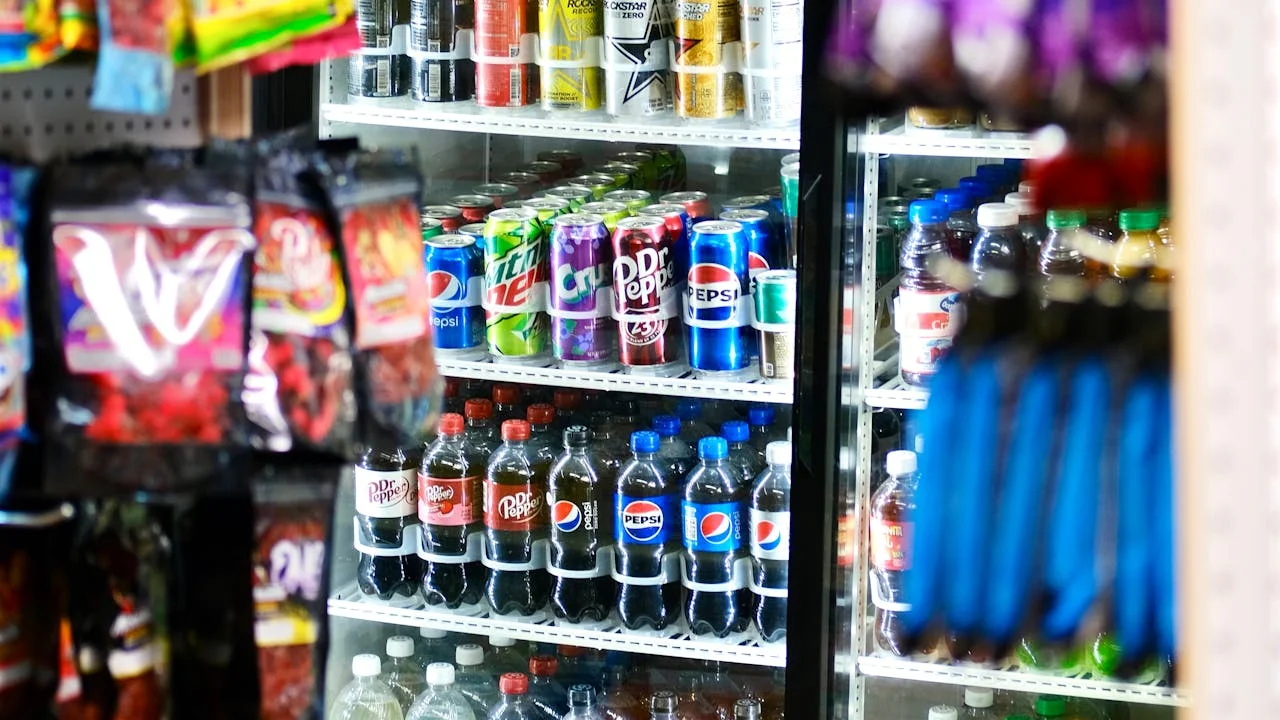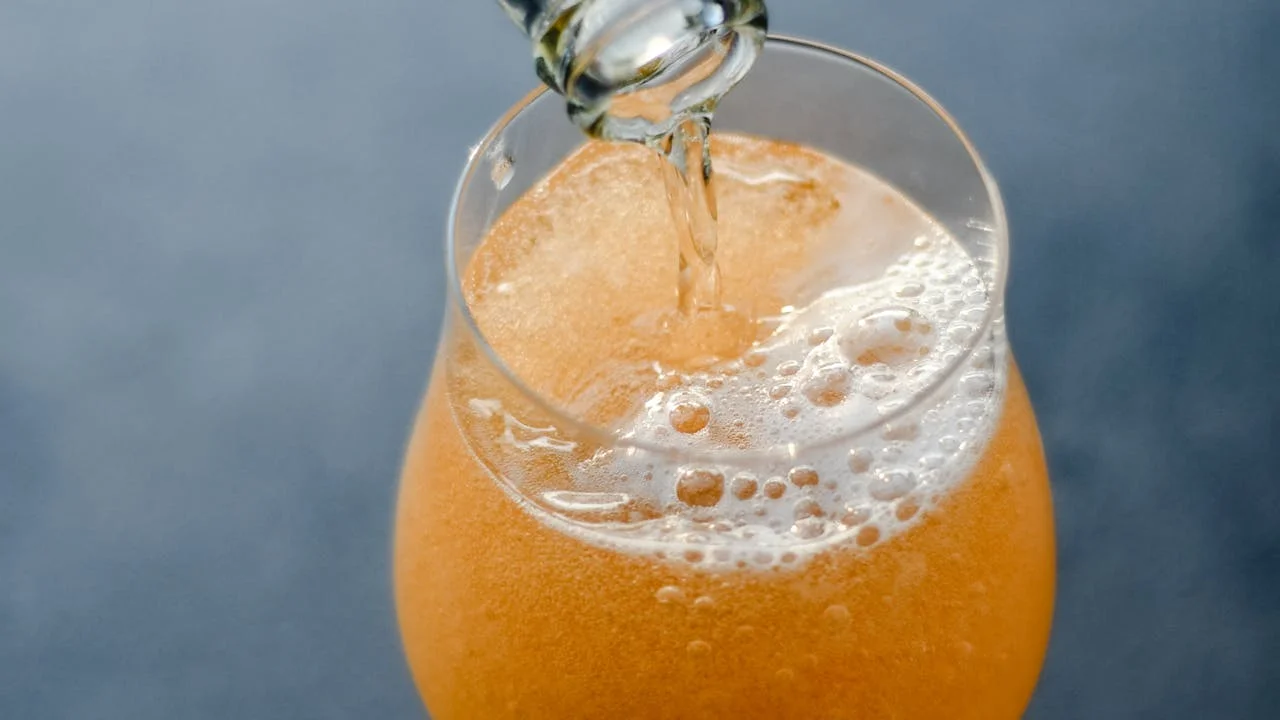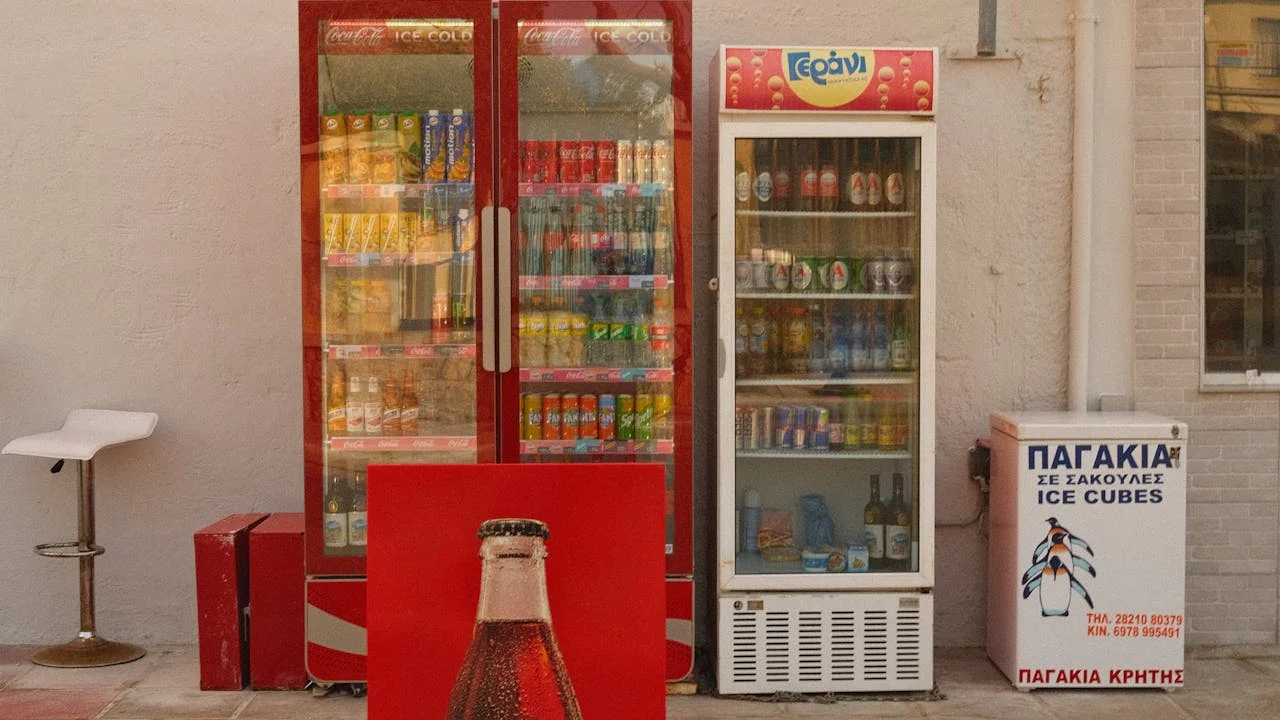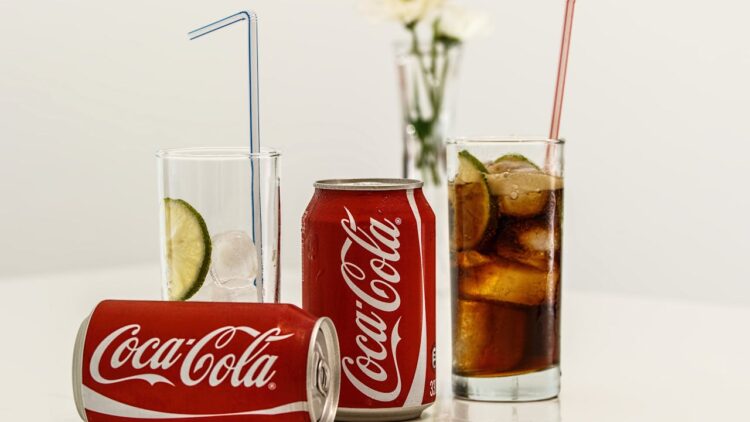“Soft drinks are bad for Health” has turned into a generally recognized truth, upheld by various examinations and well-being specialists. Their notoriety and reviving taste, soft drinks are loaded down with sugar, caffeine, counterfeit sugars, and different added substances, which can present huge dangers to health when consumed in enormous amounts or over significant stretches. Despite the convenience and flavor of these drinks, their effects on the body can be negative. The high sugar content in soft drinks is an essential concern. Up to 40 grams of sugar can be found in a single can of soda, which is more than the average person should consume every day.
Soft Drinks Are Bad for Health

This excessive sugar admission is firmly connected to weight gain and corpulence, as it gives countless void calories without fundamental supplements. Thus, this builds the risk of creating metabolic circumstances like sort 2 diabetes and cardiovascular sicknesses. The fast spikes in blood glucose levels brought about by sweet beverages can likewise prompt insulin obstruction after some time, further worsening the risk of diabetes. Soft drinks are bad for dental health. The blend of sugar and acidity in these refreshments drinks dissolves tooth polish, prompting depressions and tooth rot. Consumption regularly, which constantly exposes teeth to harmful substances, exacerbates this problem.
Weight Gain
Soft Drinks are bad for health because of their high sugar and calorie content. Normal utilization of these refreshments drinks prompts an awkwardness in energy admission and use, bringing about an abundance of weight gain after some time. The body frequently stores unused sugar as fat, especially around the mid-region, expanding the risk of weight-related ailments like cardiovascular illness, stroke, and certain tumors.

Also Checkout: Raw Garlic: 6 Hidden Benefits To Eat
Dental Issue
The mix of acidity and sugar in soft drinks establishes an ideal climate for tooth rot and disintegration of tooth enamel. Acids debilitate the defensive external layer of the teeth, making them more powerless to rot from bacteria and plaque development. This can prompt cavities, tooth awareness, and even tooth misfortune whenever left untreated. A person’s oral health affects more than just their ability to chew and speak; it also has broader effects on their health as a whole, such as an increased risk of gum disease and systemic infections.
Dehydration
Soft drinks are bad because contain caffeine, for example, colas and caffeinated drinks, have diuretic properties that advance expanded pee creation and liquid misfortune from the body. While moderate caffeine utilization may not cause drying out in many people, excessive intake or dependence on energized refreshments as an essential source of hydration can upset liquid balance and dehydration, particularly in hot weather or during serious workouts.

Liver Damage
High-fructose corn syrup, a generally involved sugar in soft drinks, contains a high extent of fructose, a kind of sugar used fundamentally in the liver. Extreme utilization of fructose can overpower the liver’s ability to process and use it, prompting expanded fat gathering in the liver and the advancement of non-alcoholic greasy liver illness (NAFLD) after some time. Non-alcoholic steatohepatitis (NASH) and cirrhosis are two more severe forms of liver inflammation and scarring that fall under the umbrella of NAFLD. Simple fatty liver is one example.
Lack of Nutrients
Soft drinks frequently replace healthier options like water, milk, and natural fruit juices, making it hard to get enough vitamins, minerals, and antioxidants. The unfilled calories from added sugars in soft drinks are bad because they have no health benefits. They add to imbalanced eating routines and supplement deficiencies, especially in youngsters and teenagers who might be more powerless to supplement deficiencies during times of development and improvement.

Digestion Issues
The carbonation and artificial sugars present in many soft drinks are bad for health and can add to stomach-related uneasiness, including bulging, gas, and stomach squeezing, especially in people with delicate stomach-related systems or previous circumstances like bad-tempered gut disorder (IBS) or gastroesophageal reflux illness (GERD). Carbonation can also make you feel fuller and put pressure on your stomach, making you feel uncomfortable and less hungry.
The stark reality that soft drinks are bad for health cannot be overstated. Weighed down with unnecessary sugar, fake added substances, and void calories, these drinks represent a critical danger to human health. Standard utilization of soft drinks has been unequivocally connected to a horde of medical problems, obesity, diabetes, and cardiovascular sicknesses. The acidity of many soft drinks contributes to dental erosion, which in turn causes cavities and decay.

Even though some manufacturers try to offer “healthier” alternatives, like diet or zero-calorie options, these alternatives frequently contain artificial sweeteners, which have their own health risks. In light of these undeniable health risks, it is necessary to acknowledge and address the detrimental effects of soft drinks on our health. Training and public mindfulness crusades are significant in educating people about the fact that soft drinks are bad for health and enabling them to make better drink decisions.
To get more of our exclusive content on Health Care and Lifestyle. Follow us on YouTube and Instagram.






